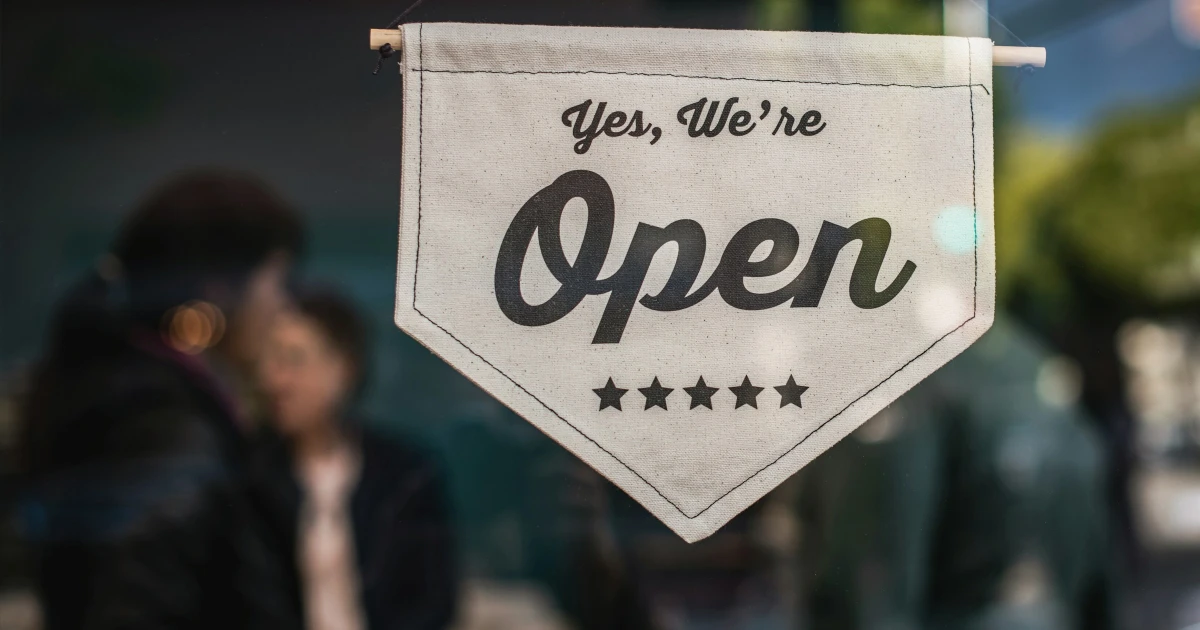Guys - what more can we say - climate change is one of the most serious challenges facing humanity today. And, regardless of our location, we experience changes in the climate whether we want it or not. We have to live with it, or maybe, if we are fast and smart enough, deal with it. Because it’s not an issue for future generations - it impacts us all right now. We can see it in different scenarios! From extreme weather occurrences to the melting ice caps and increasing sea levels - it happens. Climate change is real.
But it’s not all bad news! There is optimism, of course, and it comes from large companies that are taking the lead on climate change. These firms recognize their role in contributing to the problem and are taking action to address it. They are committed to sustainability. That’s right! Not all corporations are evil - or at least not in the climate change issue, as they’re doing their best to fight it.
And if you were curious about the concept of sustainability, it involves establishing and maintaining practices that endure over time. The objective is to foster an understanding that our actions have an impact not only on ourselves but also on future generations, encouraging us to utilize and recycle resources responsibly.
For many years, big businesses were viewed as contributing to the problem.
And for good reasons! They were viewed as selfish polluters who cared more about money than the world's well-being. And some still are! In fact, businesses still contribute to climate change by releasing greenhouse gases, plundering our natural resources, and participating in all kinds of unsustainable activities.
Yet, things are changing - at least a little bit. Large corporations are beginning to recognize their responsibilities to address climate change. And individuals start to perceive themselves as environmental stewards with the ability to create positive change. So, they’re rising to the occasion in essential ways.
Consider the big retailer Walmart. It’s one of the world’s largest corporations! Because it’s an American company - that’s huge. So, the modus operandi of retailers entice possible challenges to the environment. But Walmart sensed the damage it was bringing to the world early on. They started investing in renewable energy in 2005! And by 2035, they want to employ renewable energy in 100% of their operations. It’s an audacious goal - but one that Walmart is working hard to achieve. Fingers crossed for them.
Another great example is Patagonia. The clothing brand has always been a corporation with a conscience, but in recent years, it stepped its game up, sustainability-wise. For once, they aim to become all carbon neutral by 2025 - and it’s investing in renewable energy and regenerative agriculture. Nevertheless, Patagonia’s dedication to sustainability extends beyond decreasing its effect on the environment, because they’re also campaigning for governmental reforms that will have a larger impact on climate change.
And that’s not all! Patagonia’s founder, Yvon Chouinard has given the company away in 2022. What does this mean? The profits will be used to fight climate change!
Subscribe to our newsletter
Corporate sustainability programs allow large corporations to take a position against climate change and demonstrate their commitment to creating a more sustainable future.
So, these measures may take various shapes - from lowering emissions to investing in renewable energy and even implementing circular business models that reduce waste and encourage reuse.
But what’s an example of a corporate sustainability program? IKEA, of course. The Swedish giant promises to become climate-positive by 2030. Therefore, IKEA intends to eliminate more greenhouse emissions than it’s doing at present, making it a net positive contribution to climate change mitigation. To reach this objective, IKEA is investing in renewable energy and even redesigning its shops to be more efficient! Their products are also getting more and more sustainable. And you can find if a product is sustainable by analyzing the tag in the store.
And we have to talk about Coca-Cola’s “World Without Waste” initiative. Here again, the deadline is 2030. But this time, Coca-Cola aims to collect and recycle the equivalent of every bottle or can sold by Coca-Cola worldwide. It’s an exciting goal - and Coca-Cola’s doing everything to able to reach it. For instance, the giant is investing in new recycling technologies and infrastructures, as well as striving to minimize the quantity of plastic used in its packaging.
But corporate sustainability is about more than merely decreasing environmental impact. It can also make a difference in communities and people’s lives. And it’s as important! Look at the French cosmetics business L’Oreal. They have a sustainability effort called “Sharing Beauty With Everyone”. Through this program, they strive to make their products more environmentally friendly while enhancing the lives of people who live in the area where the company is present.
Some of the company’s goals include improving the environmental and social performance of its suppliers and reducing the brand’s carbon footprint.
These efforts are so important because they make L'Oreal a more attractive company for consumers who are increasingly aware of the environmental impacts of their purchases and for those who want to support companies that are actively trying to decrease their environmental impact.
Additionally, by improving the lives of the people in the areas where they are present, the company can develop better relationships with the local community, creating more positive brand recognition.
And look - it’s critical to realize that sustainability is not just a one-time thing. It involves a continuous dedication to change and progress. Companies that take sustainability seriously must constantly examine their processes and seek innovative methods to lessen their environmental effect and do what’s expected of them. And that’s taking the lead in the fight against climate change!






.webp)





.webp)

